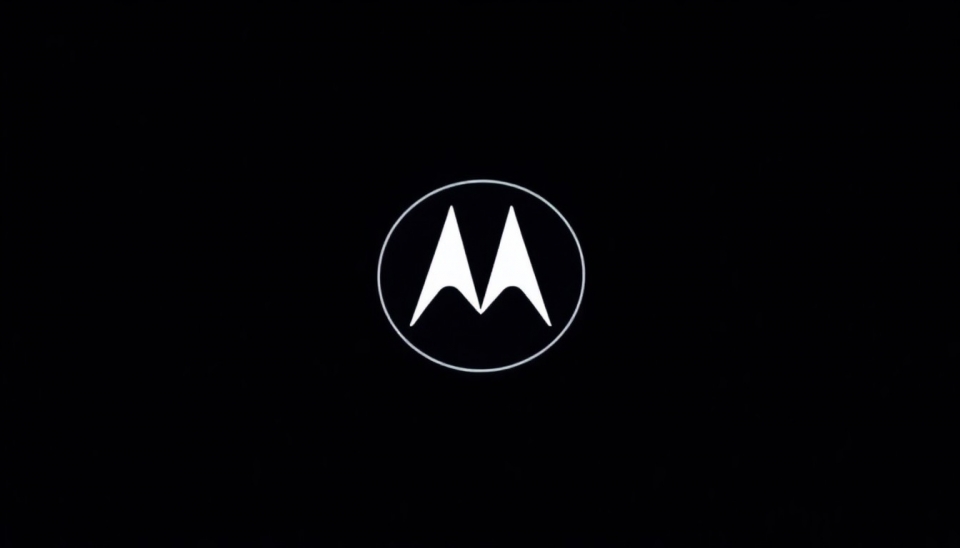
In a significant shift in the tech industry landscape, the U.S. Department of Justice (DOJ) has initiated a bold step aimed at curbing what it views as monopolistic practices by Google. The department is reportedly seeking the divestiture of Google Chrome, a cornerstone of the tech giant’s operations that has become synonymous with internet browsing for millions worldwide. This effort is part of a broader strategy to foster competition and innovation within the technology sector.
The move is indicative of increasing scrutiny that giant tech companies face in the face of mounting concerns over market competition and consumer choice. The DOJ’s strategy revolves around the idea that Google's ownership of Chrome gives it an unfair advantage in the digital landscape, allowing it to monopolize data collection, advertising revenue, and online user behavior tracking.
Chrome, which commands over 65% of the global browser market, has growing rivals like Mozilla Firefox and Apple’s Safari, but they haven't made a significant impact on Chrome’s overwhelming dominance. The DOJ believes that the sale of Chrome could encourage the emergence of alternative browsers and foster a more competitive environment. Observers argue that this could lead to enhanced privacy for users, fewer barriers for new entrants, and a diverse array of services aligned with consumer preferences.
The agency’s move aligns with ongoing antitrust cases by both federal and state authorities aimed at rotten practices across big tech. Alongside considerations for Chrome’s sale, the DOJ continues to navigate other potential pathways to foster competition within the tech space, including litigation against Google to address other alleged anticompetitive behaviors.
Legal experts suggest that such a significant divestiture could lead to a protracted legal battle involving complex negotiations over Google’s assets. The ramifications of these actions could potentially reshape digital advertising, data privacy norms, and overall consumer choices in the tech marketplace.
As this situation unfolds, the tech community watches closely, awaiting the DOJ’s detailed plans and the potential implications for Google, users, and competitors alike. If the government succeeds in these initiatives, we could witness a transformative shift in how internet services are structured, giving rise to an ecosystem that values innovation and diverse choices.
In conclusion, the DOJ's radical proposal to seek the sale of Google Chrome establishes a firm commitment to address monopolistic practices in the tech industry, highlighting a potentially pivotal moment for both consumers and tech companies.
#Google #Antitrust #Chrome #DOJ #TechNews #Monopoly #TechIndustry #InternetBrowsers
Author: Liam Carter




